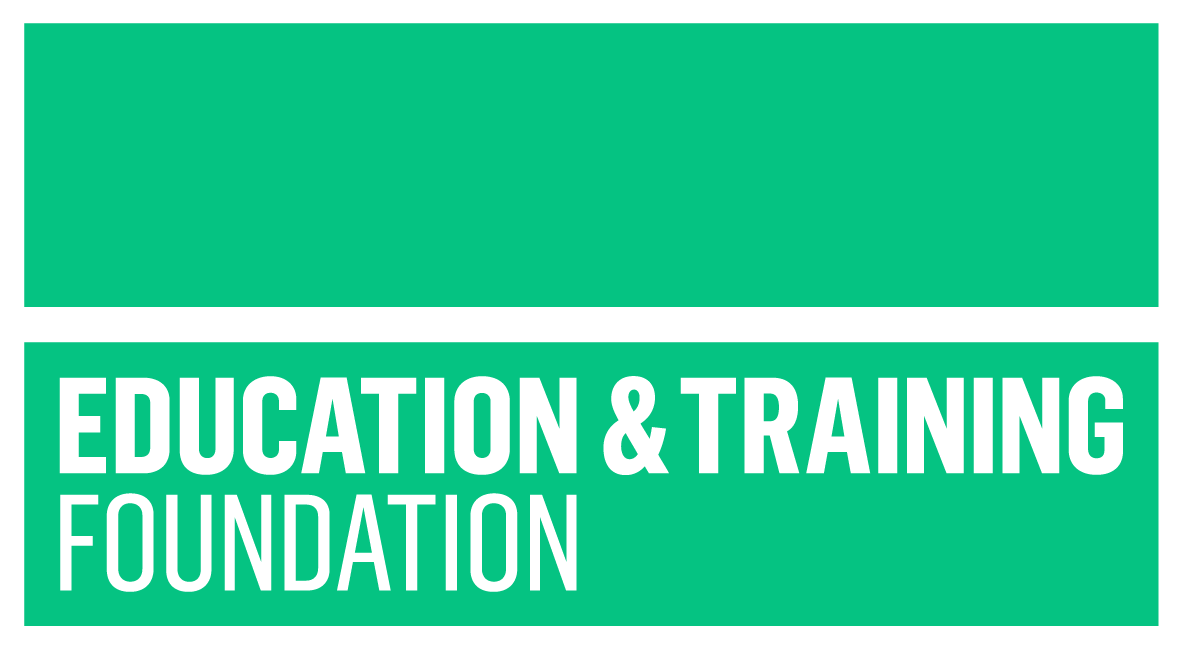In the previous blogs in this series, I advocated establishing a shared language around mentoring in your setting so that everyone involved knows what to expect. In particular, I recommended establishing the underlying purpose, process and intended outcomes of the mentoring scheme to help develop shared understandings and expectations. In this blog, I draw on existing research to present a framework which may help you to ensure everyone involved in your mentoring scheme is on the same page.
Whether you call your scheme mentoring, coaching or ‘moaching’ (see my earlier post), it is vital that you also clearly set out for participants what the underlying purpose is; what the process consists of; and what the intended outcomes are for the scheme. Otherwise, it can lead to misunderstandings, frustrations and, potentially, failure.

